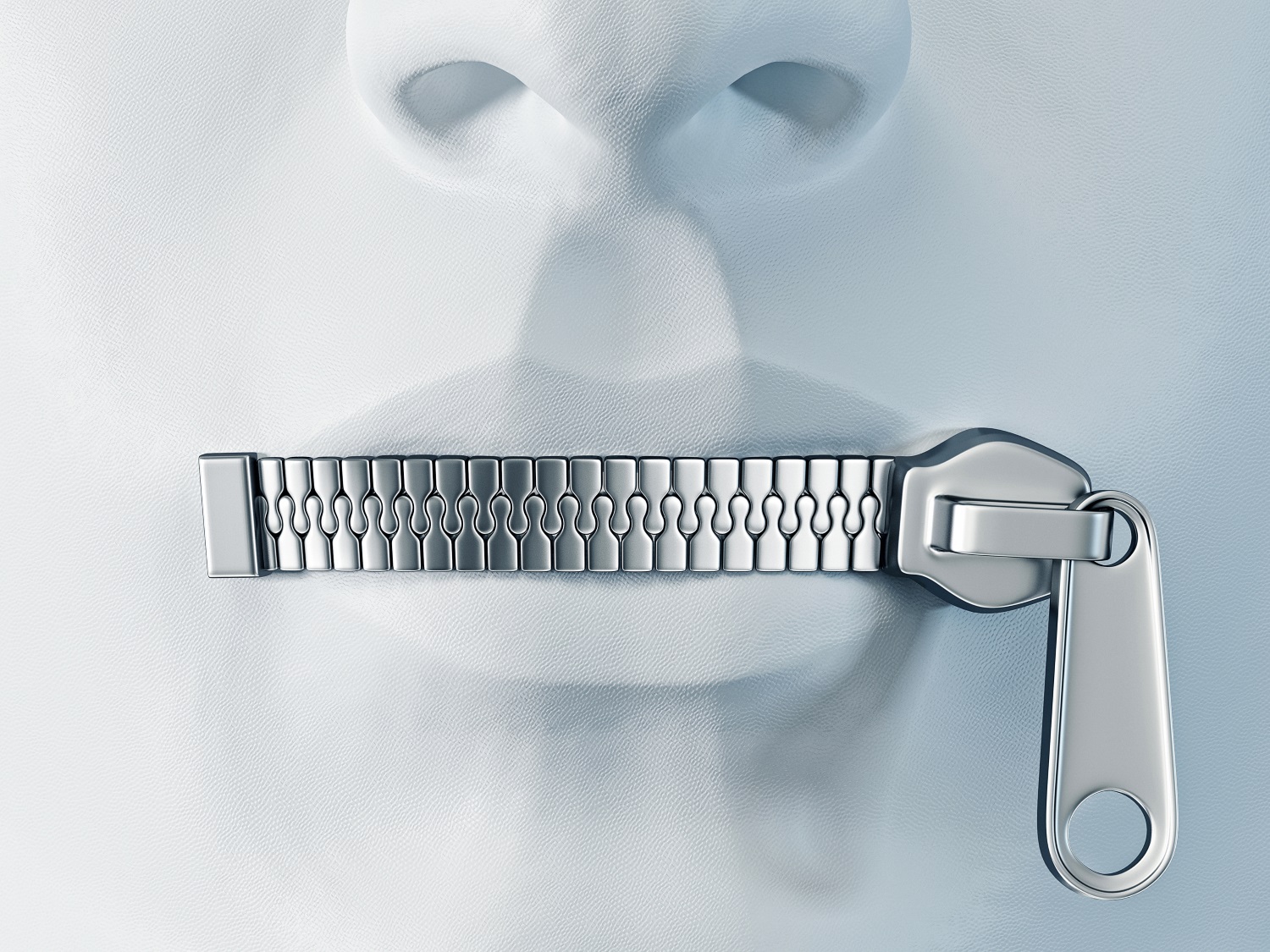
The first rule of confidentiality clubs is: you do not talk about confidentiality clubs?…
07 Jun, 2019 - Data and Privacy | by Grosvenor Law…well, not exactly, but you certainly don’t talk about those protected by a confidentiality club.
More and more in recent times, we have seen instances of departure from the UK’s historic norm of open justice – court hearings where the public and press are welcome to attend and watch justice being done. Couched in the Civil Procedure Rules but developed in case law, the concept of a ‘confidentiality club’, which limits disclosure of certain information only to members of that club, has most commonly been used to protect commercially sensitive information i.e. trade secrets.
Recently though, the same tool has been applied where it has been deemed necessary to protect the very identity of individuals, whilst maintaining proper administration of justice. Although unlikely to be afforded to parties who are simply concerned about their reputation (e.g. Global Torch Ltd v Apex Global Management Ltd), anonymity has been awarded to individuals fearful that harm may come to them (e.g. The Libyan Investment Authority v Société Générale S.A. & Ors [2016]). The below explores the use of confidentiality clubs in these circumstances.
Why may you want anonymity, and when may you get it?
The trend of international disputes being heard in the English Courts means that parties to litigation may reside in countries where the security of life, limb and property is not the same as in the UK. Take Libya as an example – a country that has in, recent years, been in a state of chaos and run by the militias of warring factions, and which was the backdrop to the LIA v SocGen case above. Further, modern day technological advances enable immediate and widespread dissemination of information.
Procedure in the English Courts gives Judges the discretion to order that the identity of any party or witness must not be disclosed if it considers non-disclosure necessary in order to protect the interests of that party or witness.
The creation of a confidentiality club then mitigates the impact of granting those parties or witnesses anonymity.
How does a confidentiality club work in practice?
When a party is given anonymity by the Court, which flies in the face of the way the UK litigates, the other party to the litigation could suffer prejudice.
In a few recent cases it has been decided that, in order to soften that derogation from open justice, a confidentiality club would be created where the true identity of anonymised individuals is disclosed within that club. Members of this tight-knit coterie are subject to stringent undertakings preventing them from disclosing any ‘confidential material’ to non-members, or else be found in contempt of court. Often it is the parties’ lawyers, rather than the clients themselves, who are granted access to this club.
More than just non-disclosure, members will often be required to transmit confidential material only in specific ways. Confidentiality clubs go hand in hand with password protection, encryption and personal delivery. Each one has its own distinct parameters often decided by agreement of the parties. For example, the parties can agree to allow their private investigators to become members, or what exact level of encryption they require, or where, geographically, hard copy documents should be stored etc.
Protect yourself
If you are involved in litigation and consider anonymity key to protecting your interests, you should seek legal advice and instruct lawyers to make the appropriate application. Ultimately a confidentiality club could be put in place where only the members of the same know your name.
Sophie Adams is an associate in Grosvenor Law’s commercial litigation team, where she advises on complex, large scale litigation. Sophie previously acted for an anonymised defendant in the LIA v Soc Gen & Ors case.
The contents of our blog posts do not constitute legal advice and are provided for general information purposes only

